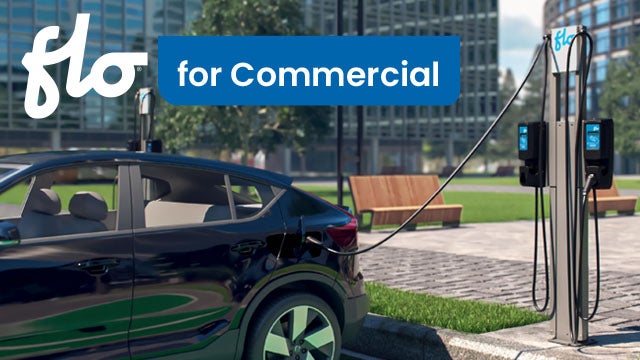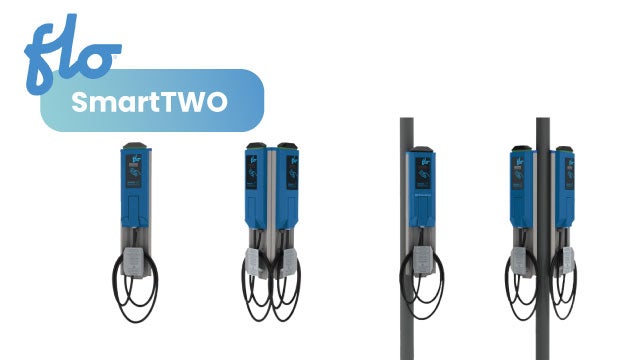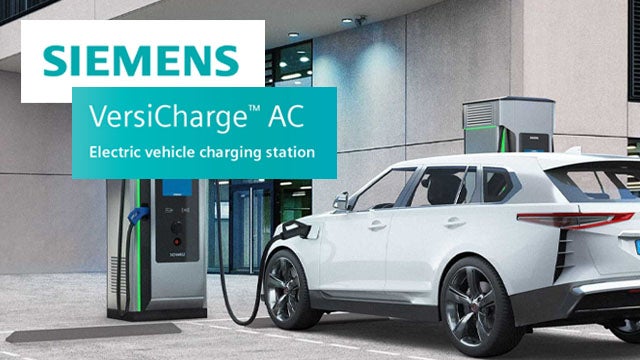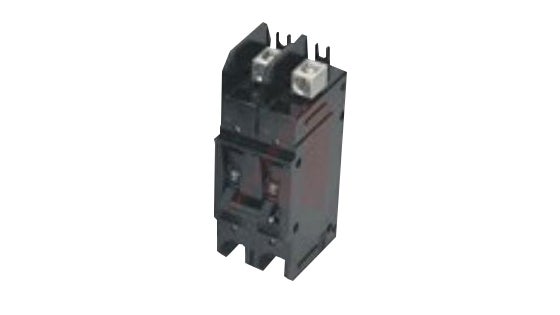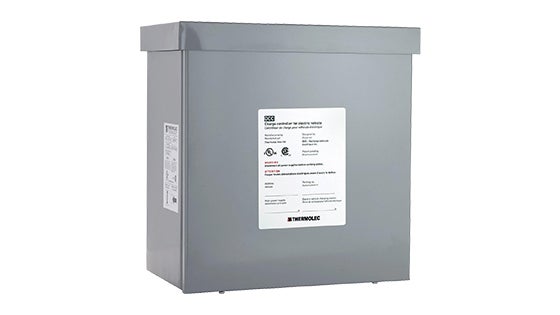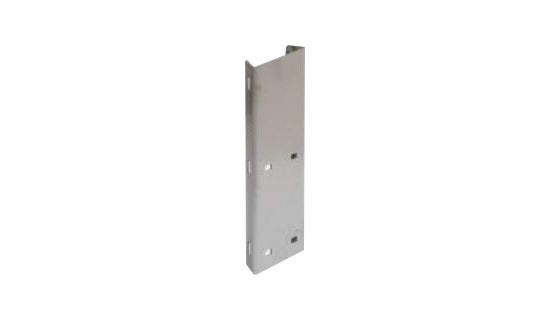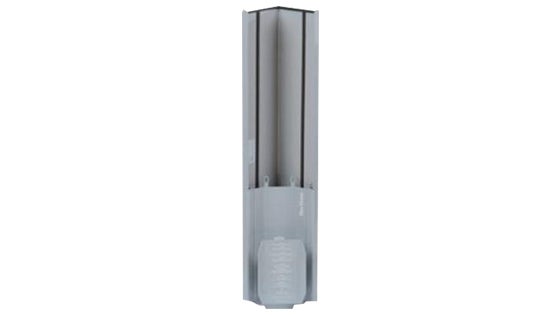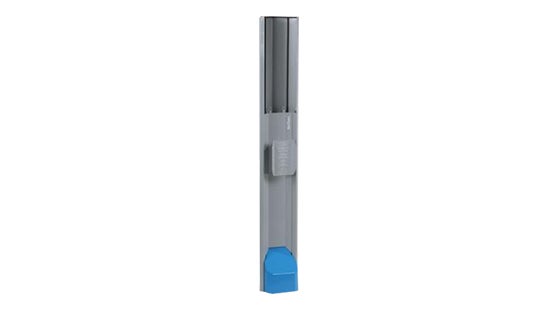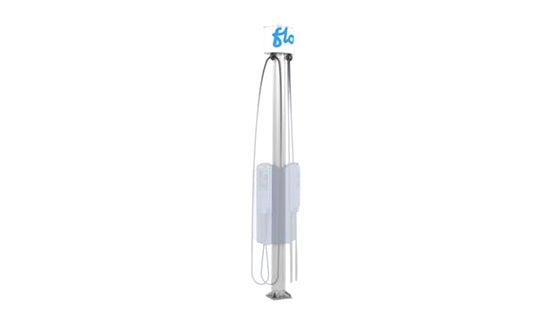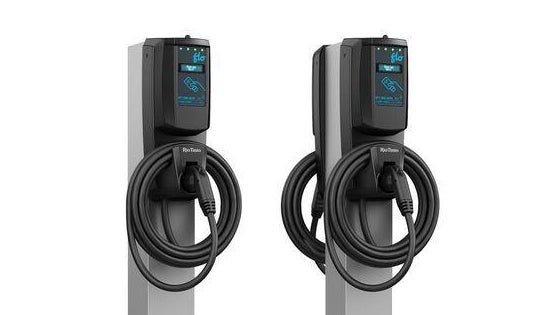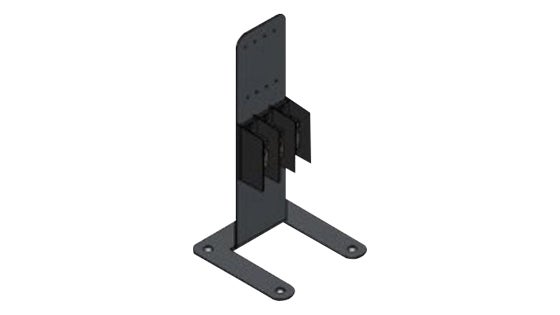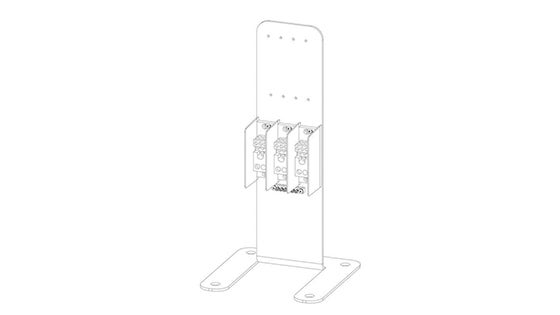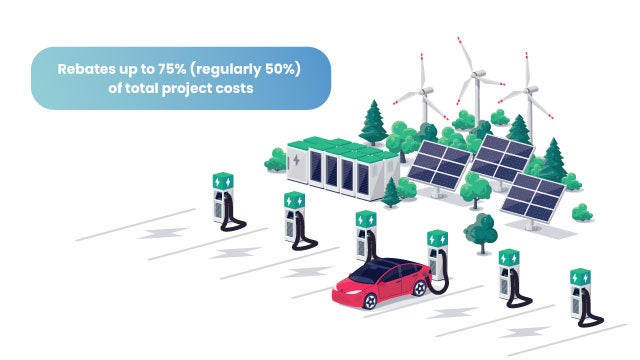
A significant opportunity for contractors to get involved with incentives and support electric vehicle (EV) charging installations, the CleanBC Go Electric EV charger rebate program provides rebates for purchasing and installing EV chargers and infrastructure to get homes and workplaces ready for EVs. The program contributes up to 75% (regularly 50%) of total project costs, to a maximum of $5,000 per Level 2 networked EV charging station (regularly $2000) and $25,000 (regularly $14,000) per apartment/condo complex or workplace.
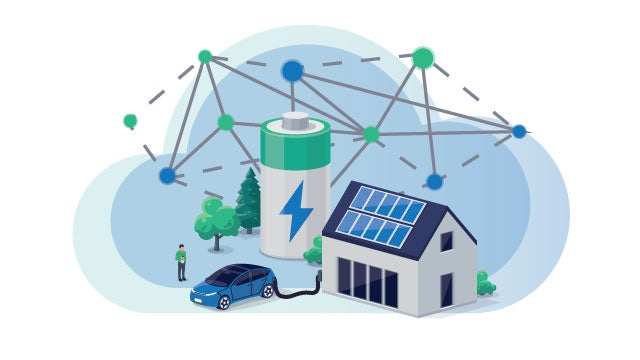
A rebate of up to *$5,000 (Regularly $2,000) per charger to purchase and install Level 2 networked EV chargers at your building’s residential parking spaces, to a maximum of $25,000.
Pre-approval from BC Hydro is required for EV Ready infrastructure and EV charger rebates, and the review process is extensive. Gescan offers support and expertise in navigating the application process and helps you to determine the ideal EV charging solution for your projects. Contact us to speak to a specialist today. Here’s how to get started:
- Talk with your strata or building manager to see if others are interested in EV charging in your building.
- Book a free consultation on-site to review the feasibility and options of an EV charging system.
- Engage a contractor for the EV Ready plan.
- Obtain a budget proposal as part of the EV Ready plan.
- Have your contractor submit the EV Ready plan and proposal for pre-approval.
- Put the proposal forward to your strata council or management for approval through AGM or SGM.

Workplace owners that purchase and install eligible EV chargers could receive a rebate of up to *75% of those costs (regularly 50%), to a maximum of *$5,000 per charger (regularly $2,000), and *$25,000 per workplace (regularly $14,000), while funding lasts. A business can apply for up to four workplace sites, resulting in a maximum project rebate of *$100,000 (regularly $56,000).
To be eligible for this incentive, pre-approval from BC Hydro is required, and the review process is extensive. Eligible workplace organizations can have separate applications for up to four different locations. Our Specialists provide support and expertise in navigating the application process and help determine the right EV charging solution for your projects. Contact us today for assistance. Here’s how to get started:
- Book a free consultation on-site to access the feasibility and options of an EV charging system.
- Obtain a free quote.
- Apply for pre-approval.
- Request approval from the building.

These EV chargers meet CleanBC’s rebate eligibility criteria. Versatile, modular and rugged, our universal outdoor EV chargers allow charging of any standard electric vehicle in just 90 minutes or less. In addition, open-source software and multiple mounting options make easily customizable configurations to suit any size application. Available set-ups include simple wall-mounted, pedestal or a combination. Before purchasing a charger, make sure you qualify, too.
FLO EV chargers feature internal load management systems, can be configured to authorize access using the FLO mobile app or RFID card authentication, and deliver real-time updates and notifications to drivers. Utilizing G5 cellular connectivity, FLO chargers also offer remote management capabilities when using FLO’s global management services. Sturdy construction ensures longer service life and greater operational reliability, even in the harshest environments.
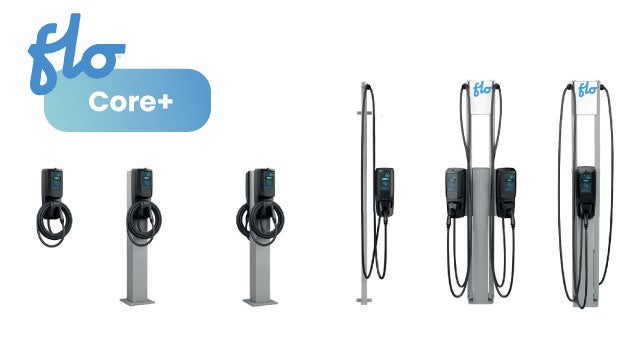
An easy-to-use app, fast charging, open payment options, smart load management and monitoring, Open Charge Point Protocol (OCPP) networking and more make the Level 2 VersiCharge AC perfect for any application. They easily integrate into any building management system. Scalable parent-child configuration also allows child units to be connected to local networks via Wi-Fi or Ethernet and to communicate with a parent unit, reducing investment and operational costs.
The DCC-9 allows the connection of any EV charger to a fully loaded panel by managing the energy available at all times. The DCC only allows power to be delivered to the EV charger if the total demand of the panel is below its full capacity. In a condo, the DCC can be installed in the electrical room, making possible the connection of the EV charger to the electrical infrastructure. The best solution when no additional breaker space is available, the DCC-9 permits direct utility billing to units for electricity consumed by charging.


